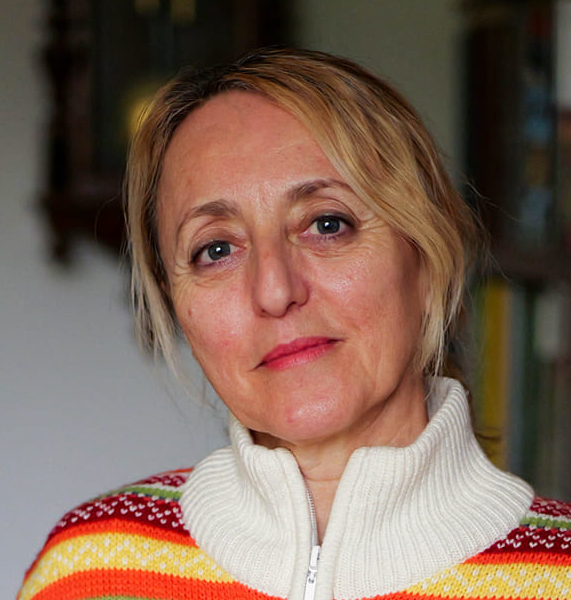Haferland Week 2025, held at the beginning of August in several Saxon villages in Transylvania, hosted this year again the meeting of the Romanian-German Bilateral Cooperation Forum, an event that brings together diplomats, teachers, journalists and representatives of the German communities in Romania and Germany.
The theme of this year’s edition: what is the current state of German-language education in Romania and what real chances it has to move forward. Special guest, associate professor Liana Iunesch, from the “Lucian Blaga” University of Sibiu, presented a study that aroused interest and emotion. both.
A “true and just” education. The European educational goal
The starting point of the intervention was a historical reference – the words of Bishop Friedrich Teutsch, spoken in 1891 at the inauguration of the Evangelical Pedagogical Seminary in Sibiu: “A true and right education” (Echte und rechte Bildung). This idea became the common thread of the presentation, in which education in the German language was analyzed not only as a transmission of knowledge, but also as a formation of character, independent, critical thinking and openness to pluralism.
Thus, Liana Iunesch reveals that the educational goal formulated by Friedrich Teutsch over 100 years ago, to form independent thinking in order to manage the challenges of the present and secure the future, is almost identical to the definition of quality education formulated in the European Commission’s communiqué on educational policy after Lisbon. 2020.
Lecturer Iunesch emphasized that German-language schools were – and must remain – spaces of multicultural coexistence, with a high level of academic demands and linguistic competences, where training is based not only on language, but also on values. These institutions, sometimes the only bridges of continuity between Saxon tradition and modern Romanian society, contribute significantly to the construction of a European identity. inclusive.
German schools, bridges between WORLDS
Beyond the facts and figures, the conclusion of the study is simple and straightforward: for generations, German-language schools were more than just educational institutions. They were places where character was formed, free thinking was cultivated, and a cultural heritage unique in Europe was kept alive. East.
The teachers were demanding, but close to the students. Teaching was not only about the subject, but also about values: respect, discipline, curiosity, critical spirit. And all this – in two languages: German and Romanian, together. A model of coexistence, as is rarely seen in other countries.
Today’s problems: too few teachers, too many obstacles
But the reality of 2025 is no longer like the past. Liana Iunesch sounded the alarm: it is increasingly difficult to find German teachers willing to teach in middle and high schools. Many graduates choose to work in the environment private.
And in education, there remain vacant positions, outdated textbooks, and parents fighting for a place in a “teaching-in” classroom. German”.
Another problem: the stifling bureaucracy. Good initiatives get lost in paperwork, and teachers are given too little support if they want to innovate.
The German language – a chance for the future, not a relic
The study presented at the Forum emphasized the practical and symbolic value of the German language in Romania: it is not just a minority language, but a strategic resource that offers students access to scholarships, studies abroad, well-paid jobs and, above all, professional training. solid.
German-language schools can become – if intelligently supported – centers of excellence for a modern, European education, tolerant.
This was the message conveyed by the invited expert who has conducted several studies in this field. It is about an education that unites, not separates. About a language that builds bridges, not walls.
And the question remains: will we know how to keep this heritage alive or will we let it die out, like so many other valuable things? The answer depends on the will of the authorities, but also on the involvement of communities.
Because a good school is not just about grades, but also about memory, confidence, future.
